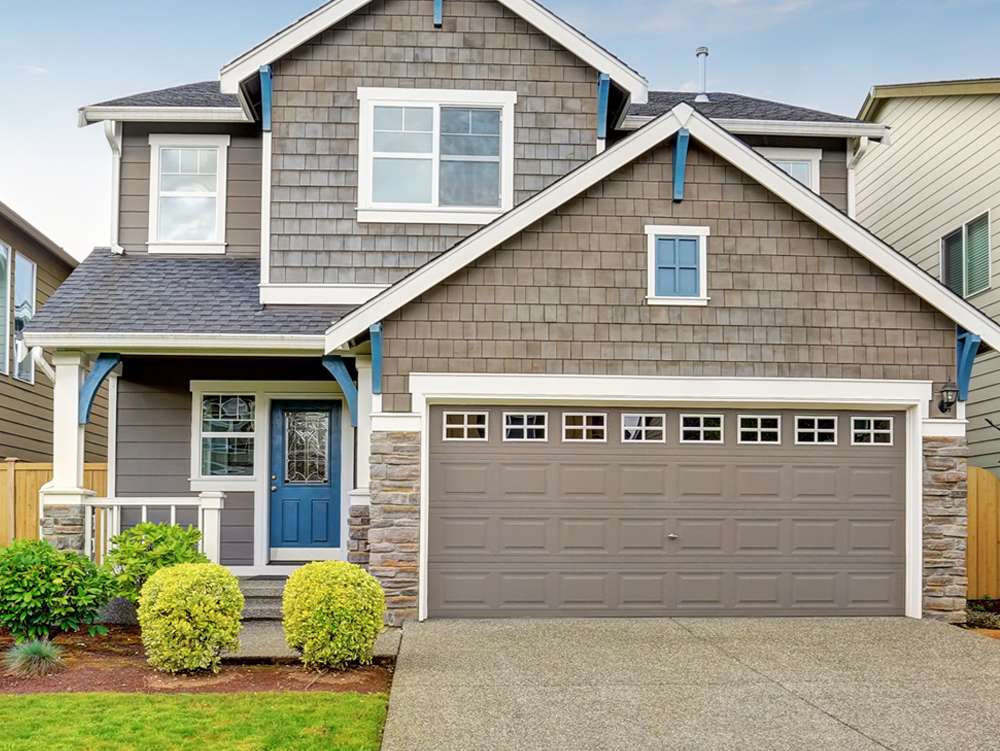Safely diagnose garage door issues. Diagnose the issues like a pro while maintaining safety.
Your garage door groans, grinds, or refuses to budge. Panic sets in, visions of repair bills dance in your head. But wait! Before calling in the professionals, some basic self-diagnosis can save you time, money, and maybe even a headache (literally!). Remember, though, safety always comes first. Here’s how to approach your garage door detective work like a pro, without putting yourself or your family at risk. Below you will find a guide to safely diagnose garage door issues like a pro, with a clear focus on safety.
Diagnose. Safety First:
- Power Down: Before you touch anything, disconnect the garage door opener from the power source. This eliminates the risk of accidental activation while you’re inspecting.
- Clear the Area: Keep children, pets, and any obstacles away from the garage door and surrounding area. You don’t want anyone getting accidentally trapped or injured.
- Use Common Sense: Don’t attempt to climb, lift, or tinker with any part of the door that seems heavy, unstable, or damaged. Call a professional for such issues.
The Sherlock Holmes of Garage Doors:
- Observe the Symptoms: What’s happening exactly? Is the door making strange noises? Moving slowly or erratically? Not responding to the remote? Take note of all details, no matter how small.
- Visual Inspection: With the door closed and power off, look for visible signs of trouble. Are there loose wires, broken springs, damaged tracks, or misaligned sensors? Check for anything that looks out of place or worn.
- Test the Basics: Try opening and closing the door manually. Does it move smoothly and evenly? Is there unusual resistance or grinding? These clues can point to mechanical issues.
- Sensor Sleuthing: Locate the safety sensors on either side of the door opening. Are they clean and free of debris? Are their beams aligned? A misaligned sensor can prevent the door from closing, even if everything else seems fine.
Remember:
- Your Limits: If you’re unsure about anything, or if the problem seems complex, don’t hesitate to call a professional. It’s better to be safe than sorry.
- Minor Fixes: Simple issues like dirty sensors, loose screws, or remote battery replacements might be DIY-able. But for anything more intricate, consult a qualified technician.
- Preventative Maintenance: Regular inspections and lubrication can prevent small problems from turning into major headaches (and expenses) down the line.
By following these safety guidelines and basic troubleshooting steps, you can become a confident garage door detective, identifying minor issues and potentially saving yourself the cost of a service call. But remember, when in doubt, safety always comes first. Don’t hesitate to call in the professionals for complex repairs or anything that makes you feel uncomfortable. After all, a well-functioning garage door is not just a convenience, it’s a safety feature for your home and family. In closing, you can safely diagnose garage door issues but ALWAYS know your limits. AAA Garage Door Inc has been helping Utah residents with garage doors for many years. We can assist in your diagnosis as well as perform any work for you. We are just a call away!

